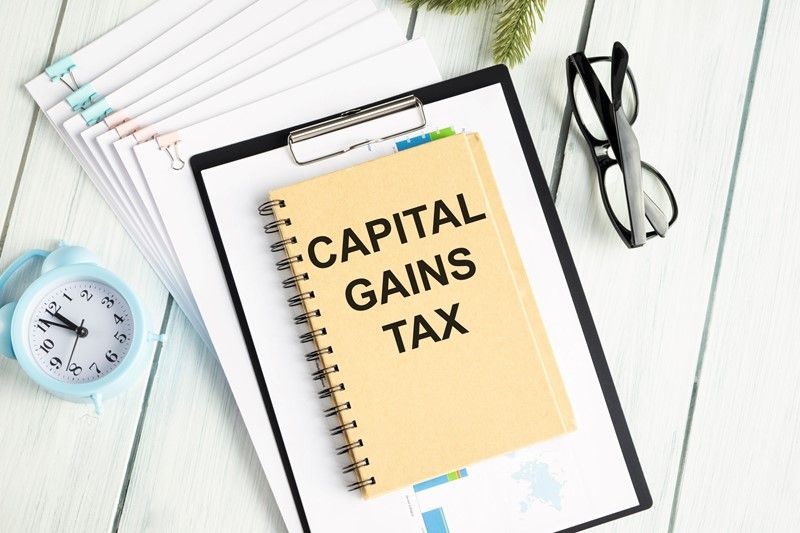Beware false business rates warnings
The 2023 Revaluation updates business property rateable values, based on April 2021 valuations. While challenges are open until March 2026, beware of false claims about earlier deadlines and unscrupulous agents pushing for quick decisions or upfront payments.
The Valuation Office Agency (VOA) periodically reassesses the rateable values of business properties through a process known as Revaluation. This is done to update the rateable values in line with changes in the property market. The most recent revaluation took effect on 1 April 2023, with rateable values now based on the valuation date of 1 April 2021.
The VOA is aware of false claims that are being made about upcoming deadlines to appeal the 2023 rating lists. These are not true. You should be wary of anyone making these claims.
You are generally able to challenge your property valuation on the 2023 list at any time until March 2026. Any claims of an earlier deadline are false.
You should be cautious of any agent who:
- tries to pressure you to decide a course of action or sign a contract;
- makes claims about ‘unclaimed credits’ or similar;
- says they are acting on behalf of the VOA; or that
- demands large sums of money up front.
The VOA reiterates that, although the majority of agents are trustworthy and offer excellent service, there is a small minority that operate in bad faith.




